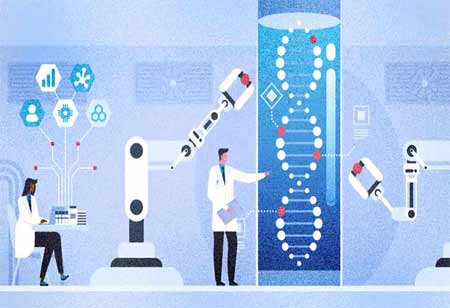Thank you for Subscribing to Healthcare Business Review Weekly Brief
Major Challenges in Radiology and Strategies for Overcoming Them

Be first to read the latest tech news, Industry Leader's Insights, and CIO interviews of medium and large enterprises exclusively from Healthcare Business Review
Thank you for Subscribing to Healthcare Business Review Weekly Brief

By
Healthcare Business Review | Thursday, May 30, 2024
Stay ahead of the industry with exclusive feature stories on the top companies, expert insights and the latest news delivered straight to your inbox. Subscribe today.
Radiology can continue to advance, providing accurate, timely, and effective patient care.
FREMONT, CA: Radiology, a cornerstone of modern medicine, is critical for diagnosing and treating numerous conditions. The field faces several challenges that impact its effectiveness and efficiency. Addressing the challenges is essential for improving patient care and outcomes. The field of radiology is evolving rapidly with continuous technological advancements. Keeping pace with the latest imaging technologies, like AI, ML and advanced imaging modalities, can be overwhelming for radiologists. Integrating these technologies into everyday practice requires significant investment in training and infrastructure.
Healthcare institutions should invest in up-to-date equipment and software, ensuring that radiologists can access the best tools available. Collaboration with technology developers can facilitate smoother integration of new technologies into clinical practice. The field of radiology faces numerous challenges, including rapid technological advancements, increasing workloads, diagnostic errors, data management issues, and communication barriers. Radiology departments generate vast amounts of data that must be stored, managed, and accessed efficiently. Investing in robust data management systems, including secure, cloud-based storage solutions, can enhance data accessibility and security.
Radiologists should participate in regular workshops, seminars, and courses focusing on technological advancements. It has led to heavier workloads for radiologists, contributing to higher rates of burnout and job dissatisfaction. Burnout can negatively impact diagnostic accuracy and patient care.



